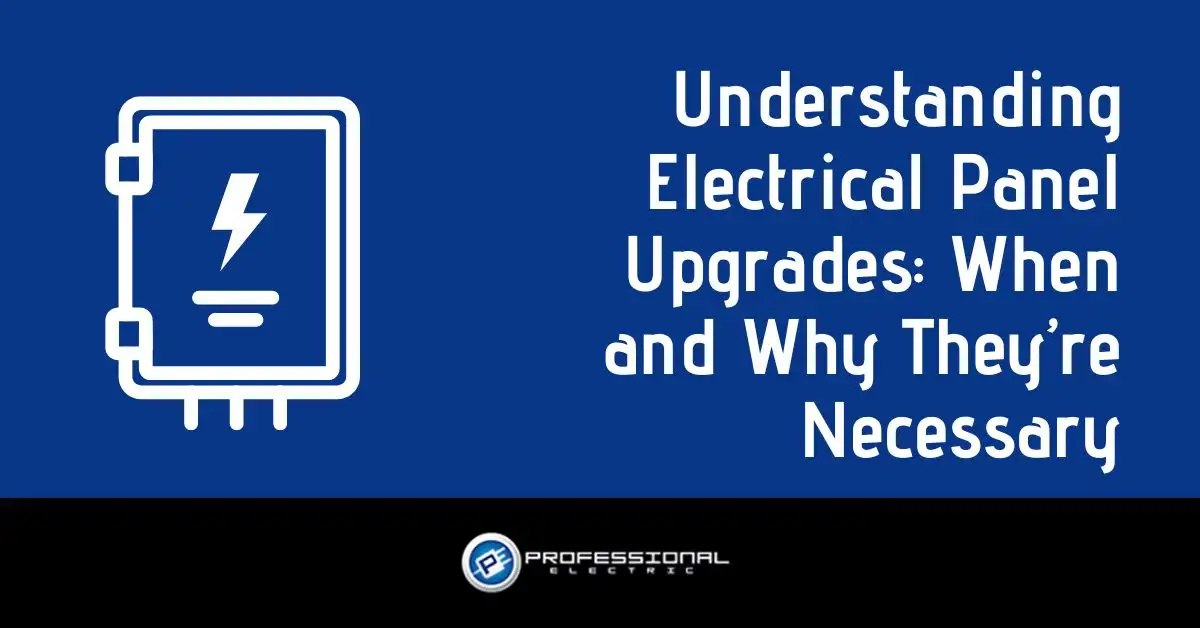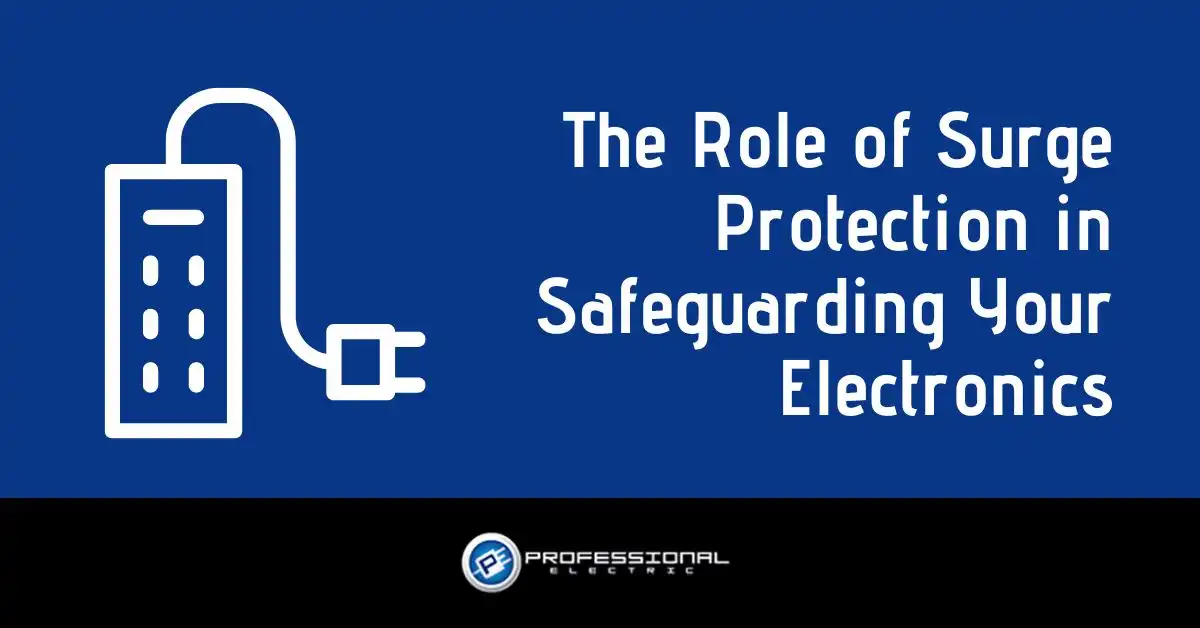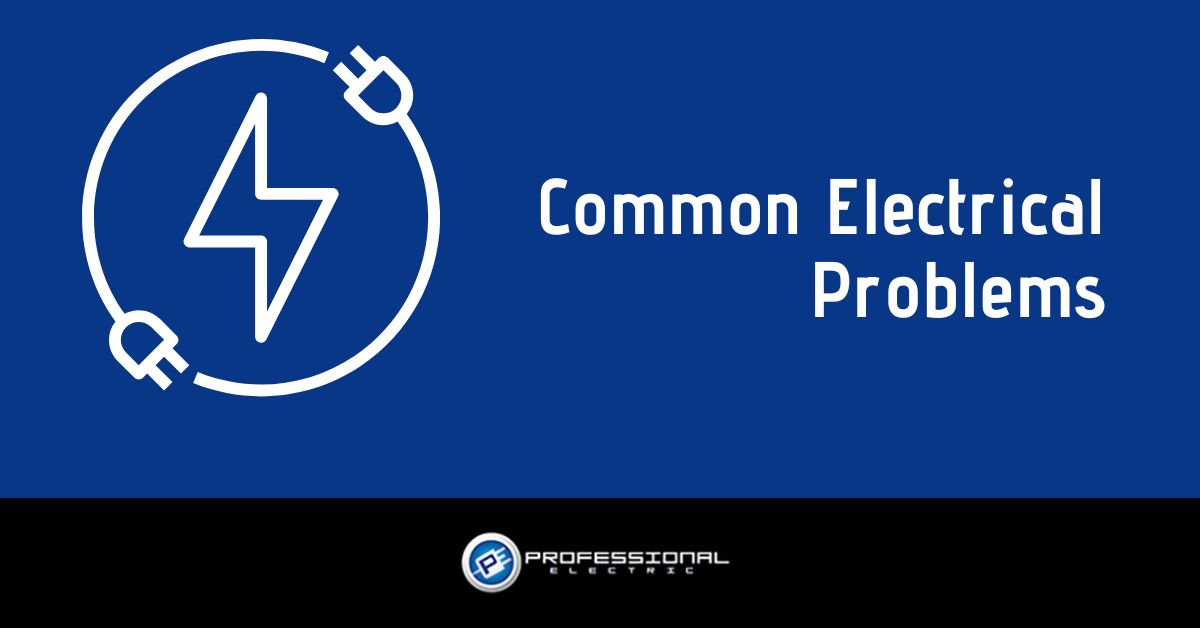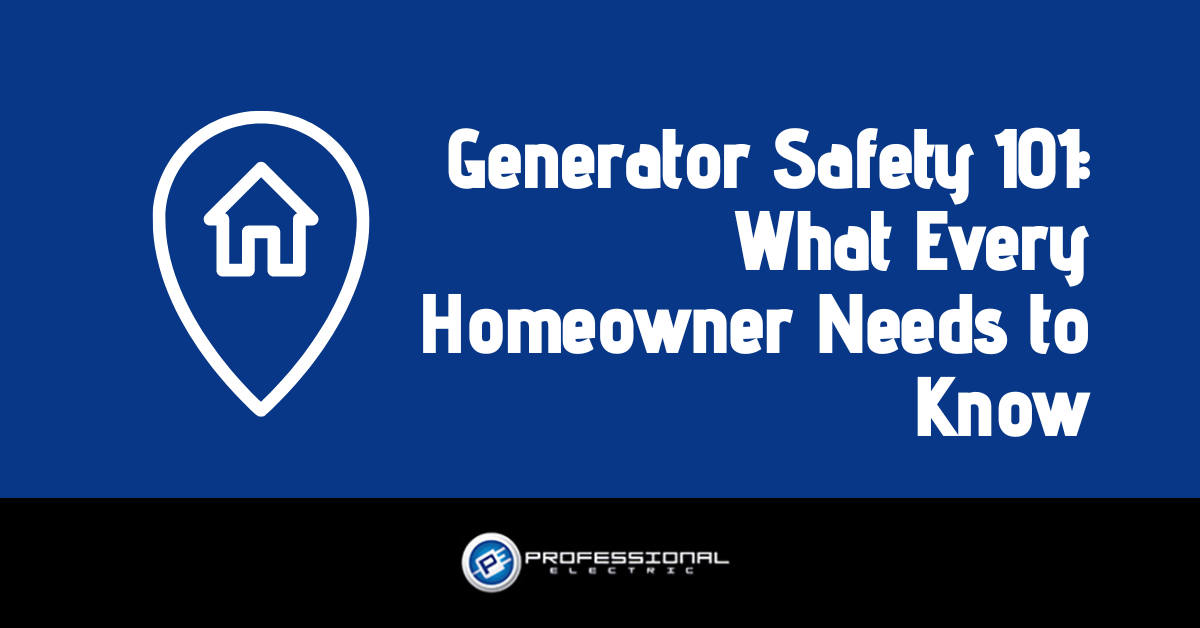Owning a generator is a wise decision for both homeowners and businesses alike, ensuring a steady power supply during outages. Proper maintenance is crucial for the longevity and safety of your generator. Here’s an essential guide to keeping your generator in top condition, brought to you by Professional Electric.
Regular Maintenance: The Key to Longevity
Your generator is like any other appliance; it requires regular care. Here are some steps to keep it running smoothly:
- Routine Inspections: Regularly check your generator for any signs of wear and tear. Look for any leaks, unusual noises, or worn-out parts. If you’re not sure what to look for, consider Professional Electric’s residential repairs services.
- Oil and Filter Changes: Just like your car, your generator needs its oil and filters changed regularly. Refer to your manufacturer’s guidelines for specific intervals.
- Fuel Maintenance: Use fresh fuel, and don’t let it sit in the tank for long periods. Stale fuel can damage your generator. If you’re using a gas generator, this step is crucial.
- Battery Care: Ensure the battery is charged and in good condition, especially before storm seasons. A dead battery is one of the most common reasons for generator failure.
Troubleshooting Common Issues
Even with regular maintenance, generators can experience issues. Here are some common problems and their potential solutions:
- Difficulty Starting: This could be due to a dead battery, clogged fuel lines or issues with spark plugs. If you’re unsure, it’s wise to consult with a professional.
- Overheating: Make sure the generator is in a well-ventilated area. Overheating can be caused by a lack of airflow or a malfunctioning cooling system.
- Unusual Noises or Vibrations: This might indicate a problem with the motor or loose components. Don’t ignore these signs; they could lead to more significant issues.
Safety Measures
Safety should always be your top priority when operating a generator. Follow these guidelines:
- Proper Installation: Ensure your generator is correctly installed, preferably by a professional. Professional Electric’s team can help with both commercial and residential installations.
- Carbon Monoxide Safety: Never use a generator indoors or in enclosed spaces. Carbon monoxide poisoning is a serious risk.
- Electrical Safety: Avoid backfeeding electrical power into the grid. This can be dangerous for utility workers and neighbors. Use a transfer switch for safety.
- Regular Testing: Run your generator periodically to ensure it’s ready when you need it. This also helps to keep the engine and components lubricated.
- Grounding: Make sure your generator is properly grounded. Improper grounding can lead to electrical shocks. Learn more about grounding, especially for pools, at pool grounding.
A generator is an investment in your safety and comfort. Regular maintenance, troubleshooting when needed and adhering to safety practices will ensure that your generator serves you well for years to come. For more information on generators and electrical services, visit Professional Electric’s generator page.
For further reading, check out our blogs for more helpful tips and insights. When in doubt, it’s always best to consult with professional electricians from Professional Electric. Stay powered, stay safe!





